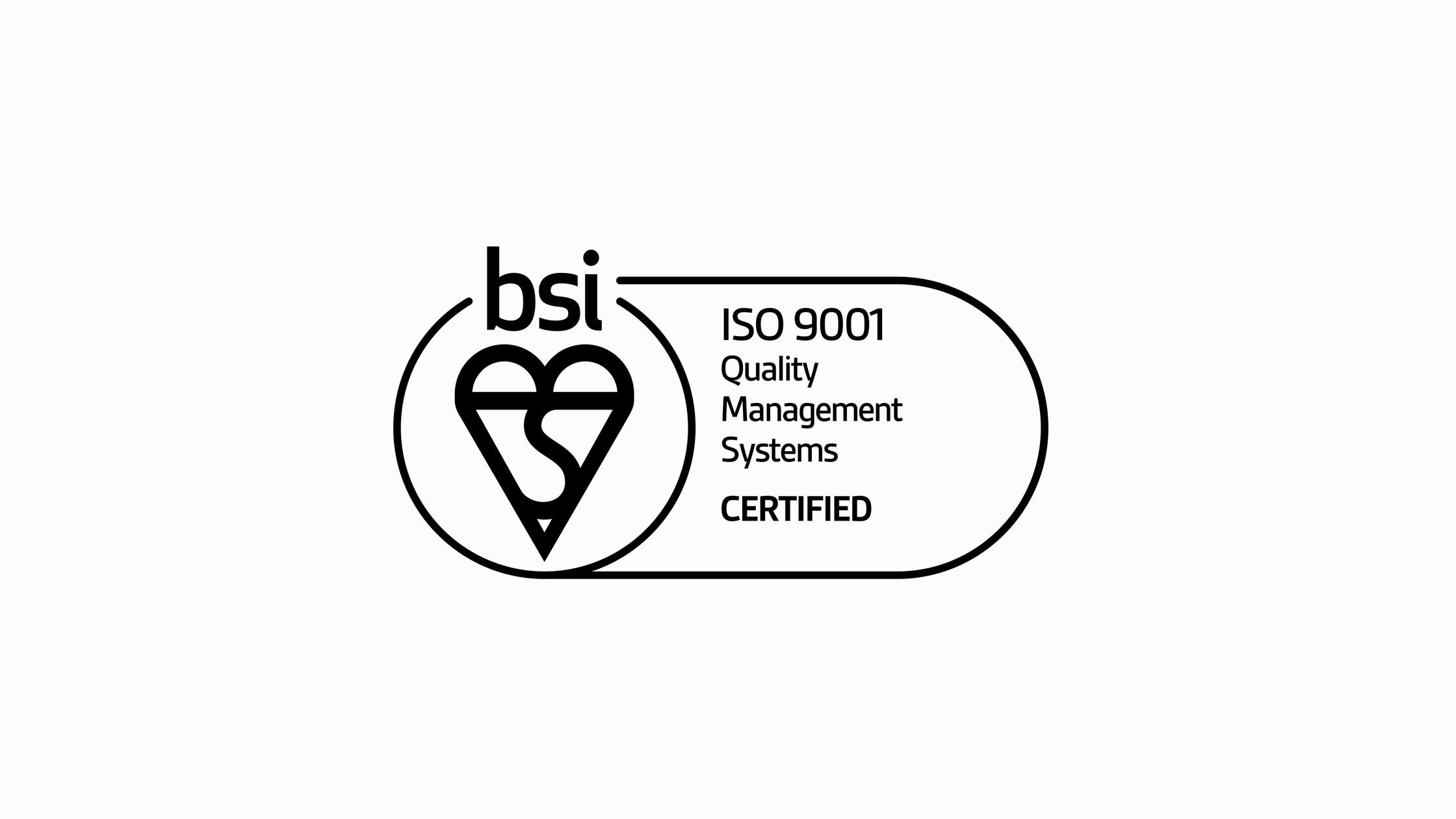1 - Understanding your requirements. Talk to us about what you need so, we'll help you identify the right next steps.
2 - Meet your dedicated sales account manager. We’ll book in a meeting to get more details, understand your goals and scope a solution.
3 - We'll present you with a solution. We’ll send you a quote – if you sign off that proposal, we’ll start working together.
4 - Meet your dedicated client planning advisor. Your client planning advisor will assign you an auditor and get audit dates booked in.
5 - Delivering your audit. Your auditor will complete your Stage 1 and Stage 2 audits and deliver your results.
6 - Receive your certificate. Based on your results, we’ll provide you with your certification.






